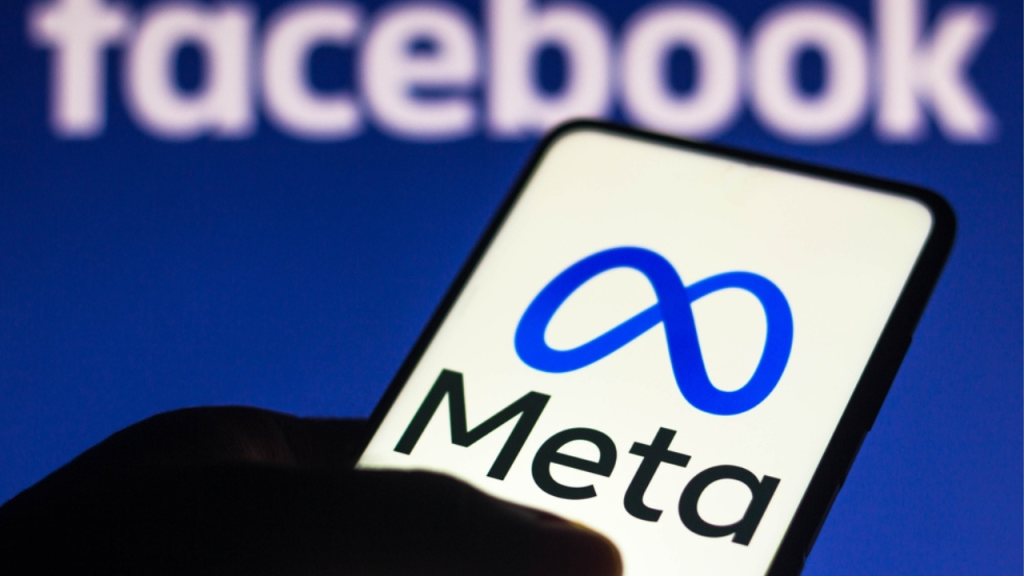6 April 2023
Dr Marina Joubert, a science communication researcher at CREST, is collaborating with digital media scholars in Australia and Colombia on a project to investigate fact-checking as a tool to counter misinformation in the global south. The project has successfully competed for a research grant of R700 000 (seven hundred thousand Rand) for 2023, awarded by Meta (formerly the Facebook company).
Meta’s calls for proposals for ‘Foundational Integrity Research’ was launched in September 2022 and attracted 503 applications from 349 universities and institutions worldwide. This fact-checking research project is one of only 11 funded in 2023, as announced by Meta Research.
Dr Michelle Riedlinger from the Digital Media Research Centre at Queensland University of Technology in Australia leads the project along with Dr Silvia Montaña-Niño. Prof Víctor García-Perdomo from Universidad de La Sabana will coordinate the Latin-American part of the research from Colombia. In South Africa, Dr Joubert will take the lead. Two postgraduate students, Ned Watt (Queensland University of Technology) and Lali van Zuydam (Stellenbosch University), will provide research assistance.
Space keeper
Research about fact-checking has focused predominantly on practices in Europe, the UK, North America, and Asia. The current project will investigate fact-checkers strategies outside these regions, focusing on Latin America, Africa, and Australia. There is also a change of emphasis from political to scientific fact-checking.
The focus on professional fact-checking activities used to be on political news during elections and political debates, Dr Riedlinger explains.
“But, in the wake of Covid-19, there is an urgent need to assess the validity of large quantities of information and to correct false narratives on social media related to science and health.”
She adds that fact-checking strategies are established for political discourse, but we need new ways to detect and counteract mis/disinformation when political discourse becomes intertwined with scientific narratives.
Dr Montaña-Niño points out that the project is also interested in investigating the sociotechnical factors that intervene in the selection of claims that the current platform-affiliated fact-checkers organisations are undertaking to counteract COVID-19 vaccine falsehoods circulating in the digital platform ecosystem. She explains that social media platforms sponsor many fact-checking organisations and provide them with access to their technological tools. “This is changing their verification practices that were previously focused only on political disinformation and that were manually picked by verifiers.”
The project team will employ social media analysis and interviews with fact-checkers in the global south to explore their fact-checking strategies and the impact of the political contexts where they work. We will look at fact-checking on Facebook through a geopolitical lens, says Dr Riedlinger. For example, we want to understand whether fact-checkers are debunking prominent disinformation narratives that have emerged within their specific political and social contexts or whether they are addressing popular falsehoods that have originated globally, she adds.
“We will investigate how these fact-checkers verify top-down vs bottom-up claims, local vs imported narratives, and how they use sources in their fact-checking operations.”
Prof Garcia-Perdomo explains that disinformation has become a problem that puts the foundations of liberal democracies and the well-being of communities at risk. “A better understanding of how Covid-19 disinformation circulated on social media and the practices used by fact checkers may help journalism, platforms and decision-makers to improve the online science information environment and overcome obstacles in the pursuit of truth,” he adds.
The study will focus on the activities and strategies of several Meta-affiliated fact-checking organisations in Latin America (ColombiaCheck; La Silla Vacía; Chequeado; Animal Politico and AFP Factual), Africa (AFP South Africa; Africa Check; and PesaCheck). These organisations have unique access to Facebook’s artificial intelligence tools for identifying dis/misinformation on the platform.



